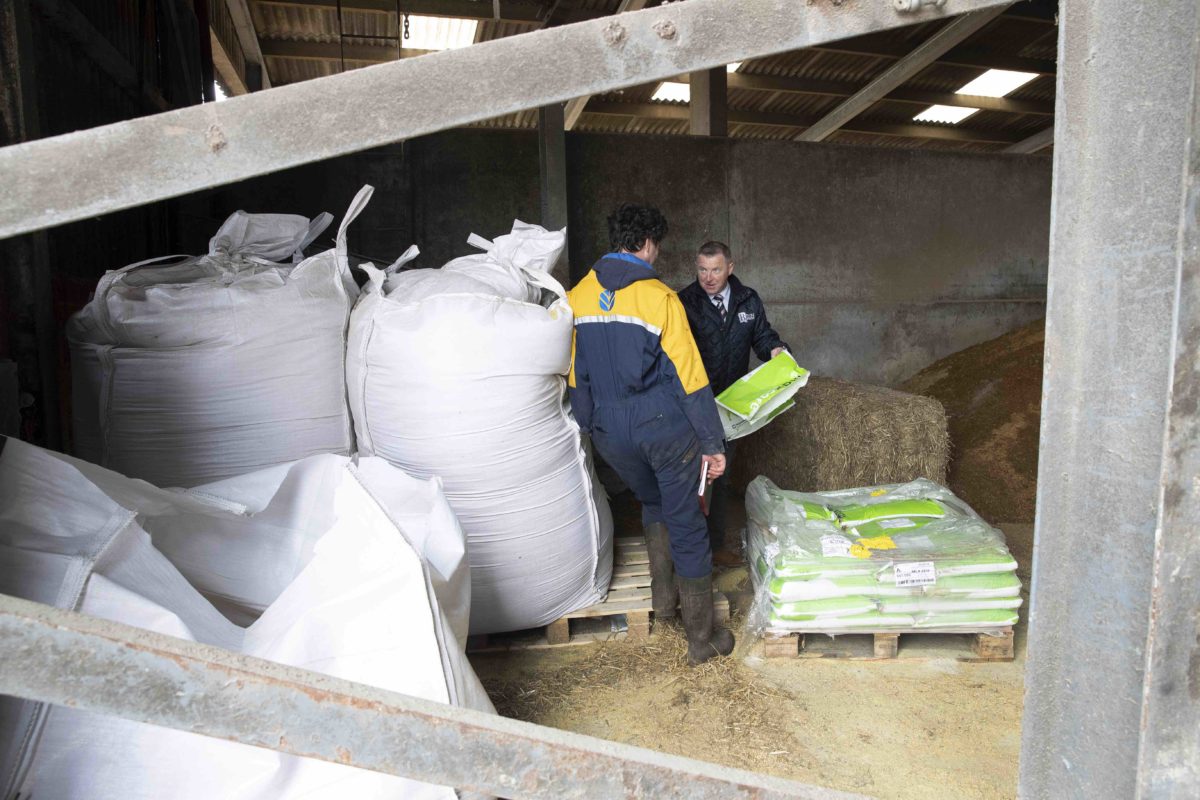Recycling and resource management company Binn Group is helping farmers across Scotland get to grips with new laws governing the disposal of plastic waste.
A polar shift in acceptable practice now means farmers can no longer burn plastic waste and packaging on their land. Since January 1, they have been legally required to dispose of it through licensed recycling and reprocessing routes, bringing them in line with farmers in England and Wales.
Binn Group has been at the forefront of service implementation and information for the agricultural industry since the guidance became law.
Now, six months after legislation took effect, the company is staging a week-long campaign to help farmers still struggling with the dos and don’ts of the new law.
Sales Manager, Ian Flaherty, highlighted the need to work with farmers to ensure the laws governing the disposal of agricultural plastic waste achieve the desired result.
“Binn Group has been in discussions with the NFU, SEPA and Zero Waste Scotland to engage with the agricultural industry and help implement the changes for farmers,” he said, “and sit on forums to address the issues together. Binn Group is undoubtedly Scotland’s most proactive resource management company in this respect.
“This is a huge shift in mind set and routine for them,” added Ian. “Generations of farmers have been used to burning waste on their own land and now they are having to work with contractors to shift plastics off site.”
Scotland’s farmers generate a vast amount of plastic waste. Feed bags, fertiliser packaging, poly tunnels, drums, silage pit covers and bale wraps all add to the mountain of plastic waste generated by the industry.
“It is no longer acceptable to release noxious fumes into the atmosphere by burning so this type of waste stream must be handled in a more environmentally responsible way,” explained Ian.

“We are inviting farmers who are still unsure of what the new legislation means for them to get in touch and learn about their options,” said Ian.
“Binn Group has been handling this type of waste – and working alongside the farming community – for over 20 years so we have a solid understanding of the problems and the solutions.”
Binn Group’s range of services in support of the agricultural industry is available at all times but throughout the concentrated week-long campaign in July, where staff will be engaging with industry organisations and individual farmers to offer support, advice and services.
“It’s not a hard sell week,” stressed Ian. “It’s a week during which our experts will turn the spotlight on the whole issue and help those still struggling with their options to find the best legal solution for their plastic waste.
“Since the law was introduced, we have handled up to 10 calls a day from farmers keen to comply or seeking advice,” he added. “We suggest they accumulate their waste into separate streams to keep costs down when it comes to collection. Or, depending on the quantities generated, it might be cheaper for them to apply for a Waste Carrier License and deliver their own waste to Binn Group’s recycling and reprocessing centre at Glenfarg – making it as straightforward and cost effective as possible.
The majority of plastic waste handled at Binn Group for the agricultural industry is recycled with a small percentage of contaminated waste being reprocessed for energy.
“By working in partnership with our farmers we can collectively contribute to a reduction in harmful emissions as well as redirect collected materials back into manufacturing – another stepping stone in the Scottish Government’s path to their recycling targets.”


